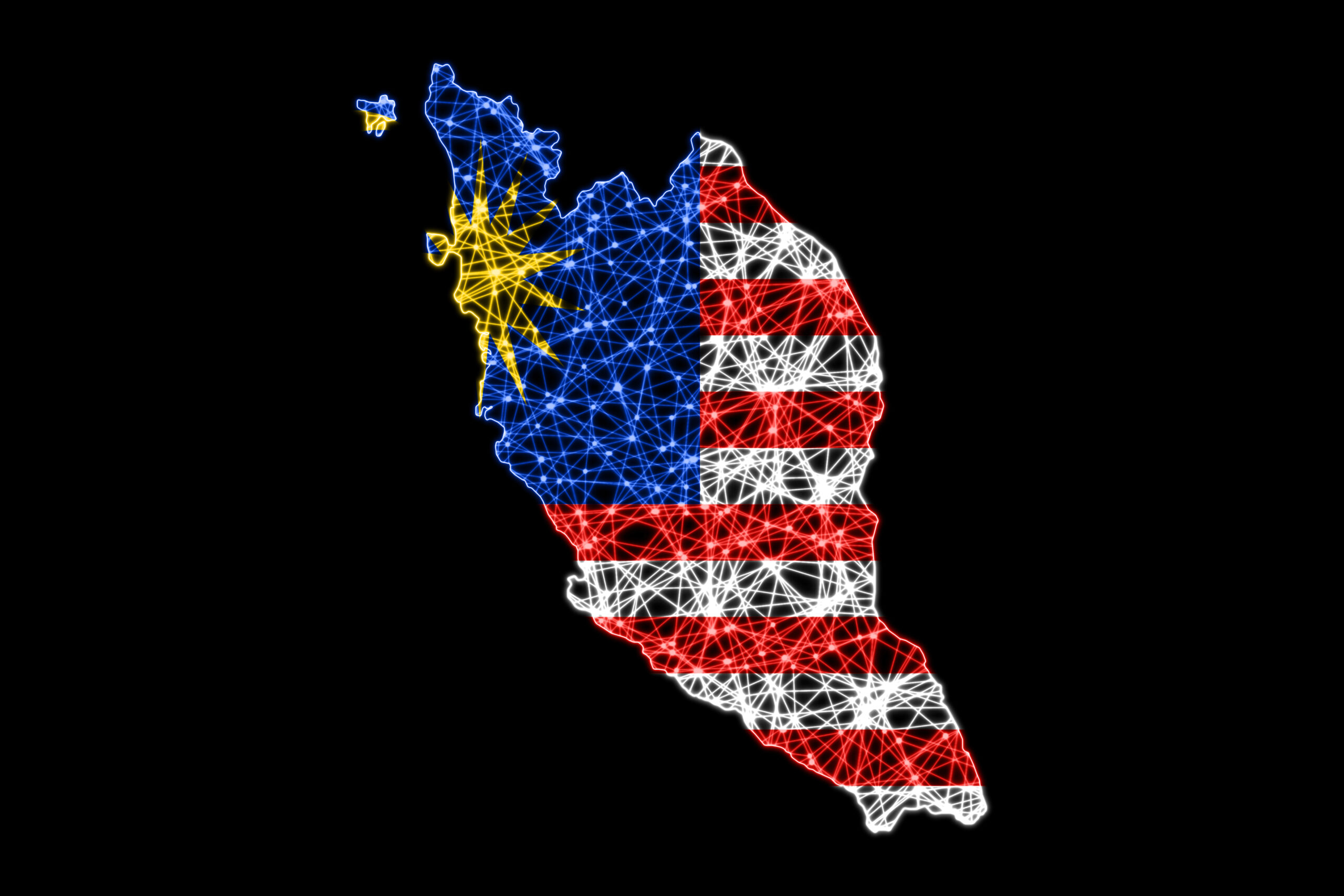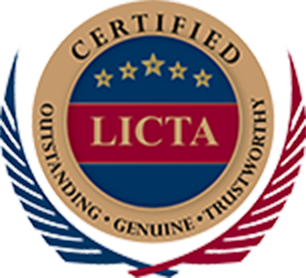Introduction
Labuan tax treatment plays a critical role for companies operating in Malaysia’s Labuan International Business and Financial Centre (IBFC). Understanding the difference between trading and non-trading activities, tax rates, and compliance requirements under the Labuan Business Activity Tax Act (LBATA) and Income Tax Act 1967 (ITA) is essential for businesses to remain compliant and benefit from Malaysia’s tax framework.
Labuan Trading Activities
Tax Rate on Trading Income
- 3% tax on chargeable income (net profits) from Labuan trading activities if economic substance requirements are met.
- 24% tax applies if substance requirements are not fulfilled.
Chargeable income refers to net profits in audited accounts and excludes passive income such as securities, shares, loans, or deposits.
Intellectual Property (IP) Income
From 1 January 2019, royalty and other IP income do not enjoy the 3% preferential tax rate. Instead, they are taxed under the Income Tax Act 1967, not LBATA.
Examples of IP rights: patents, copyrights, trademarks, industrial designs, geographical indications, and trade secrets.
Filing Requirements
- Submit Form 5 (Statutory Declaration) and Form 1 (Return of Profits) annually by 31 March, regardless of financial year-end.
- Zakat payments made to Labuan Islamic authorities may be used as a tax rebate up to the amount of tax charged.
Labuan Non-Trading Activities
Tax Rate on Non-Trading Income
- Not chargeable to tax if:
a) Substance requirements are met, and
b) Only non-trading activities are carried out. - If engaging in both trading and non-trading activities → all income (except IP) taxed at 3%.
| Property Location | Activity Type | Tax Rate |
| Labuan | Non-Trading Activity | Not chargeable to tax |
| Outside Labuan | Trading Activity | 3% |
Filing Requirements
- Submit Form 6 (Statutory Declaration) and Form 1 (Return of Profits) by 31 March.
- Failure to file may result in:
- Fine up to RM1 million,
- 2 years imprisonment, or
- Both.
Basis of Assessment
Under LBATA, taxation follows the preceding year basis: the tax for a year of assessment (YA) is based on the previous year’s audited profits.
Residence Status of a Labuan Entity
Per Section 3B LBATA, a Labuan entity is considered a Malaysian resident if:
- Management & control of business is exercised in Malaysia, or
- Management & control of affairs are conducted by directors, partners, or trustees in Malaysia.
Election for Income Tax Act 1967
- Some countries exclude Labuan entities from treaty benefits (e.g., Japan, UK, Indonesia, Australia).
- To gain treaty access, a Labuan company may elect to be taxed under ITA 1967 instead of LBATA.
- Deadline: election must be made within 3 months of the start of the basis period.
- Irrevocable election: once made under Section 3A(1) LBATA, profits are taxed at 24% instead of 3%.
Key Takeaways
- Trading income: 3% (with substance) or 24% (without).
- Non-trading income: not taxable if conditions are met.
- IP income: always taxed under ITA 1967.
- Filing deadline: 31 March annually (Form 1 + Statutory Declaration).
- Election under ITA may provide better DTA treaty access.
ANC Group – Your Personal Tax Advisor
Tax consulting is the core service of ANC Group. Our tax professionals provide clients with comprehensive tax support and guidance. We offer tax consulting and compliance services for expatriates, entrepreneurs, and listed and non-listed companies.
Our tax consulting services include business tax, transaction tax, personal tax, and corporate income tax. We don’t just guide you in interpreting and applying complicated taxation rules, but to explore new opportunities and business trends.
ANC Group keep you abreast with Malaysia tax updates and any changes in the local regulations.
We work closely with industry specialists, authorities, and associated professionals within ANC Group to provide the best-in-class integrated tax planning solutions. ANC specialists coordinate the accounting and taxation services to bring your business to success.
If you need professional tax advisory services regarding the Malaysia Income Tax Act 1967, our team is ready to assist you. Contact us here to discuss how we can support your business.










